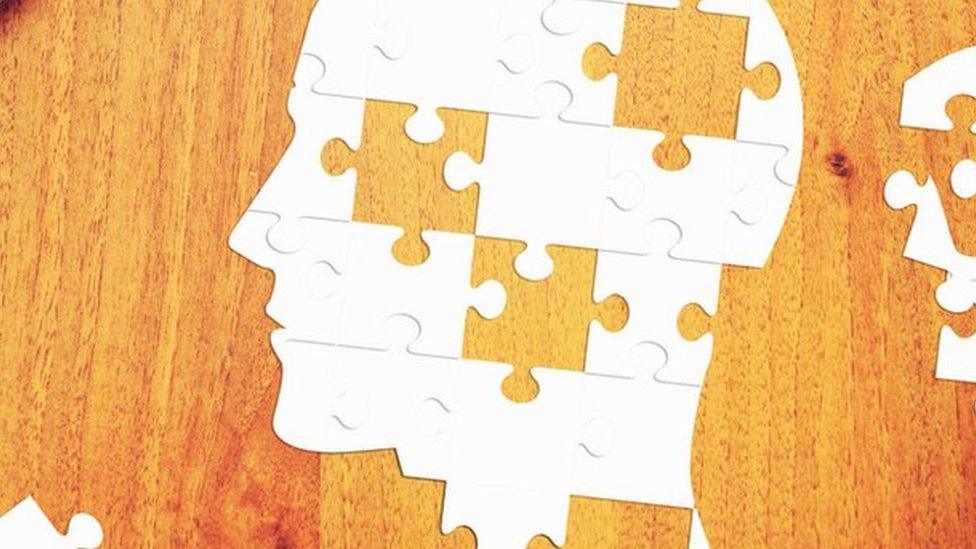Terrorists' moral judgment probed in psychology test
- Published

A project aiming to "scientifically understand the mindset of terrorists" has published insights that the scientists say could have implications for terror prevention.
Researchers worked with a group of 66 incarcerated ex-combatants from a paramilitary terrorist group in Colombia, a country with one of the greatest insurgency rates in the world.
This unique experiment revealed what the team described as an "abnormal pattern of moral judgment" in terrorists.
The scientists say a psychological "score" based on this could be an accurate way to discriminate between the mindset of a terrorist and that of a non-criminal.
The researchers, based in Argentina, the US, Colombia and Chile, published their findings in the journal Nature Human Behaviour, external.
Agustín Ibanez and Adolfo García, from Favaloro University in Buenos Aires, who were part of the international research team, told BBC News they had spent four years working with Colombian law enforcers to secure permission to work with this large group of dangerous, incarcerated terrorists.
The study participants were former members of right-wing paramilitary groups, all of whom had been convicted of murder.
Many had been involved in massacres with hundreds of victims.
They took part in a series of psychological tests, including an assessment of moral cognition.
This involved presenting the subjects with a series of scenarios in which characters either deliberately or accidentally caused harm to others.
Each subject was then asked to rate the scenario on a scale from totally forbidden (1) to totally permissible (7).
Dr Ibanez said: "The typical response is that attempted harm should be more objected to than accidental harm. [But] the pattern in terrorists was the opposite."
The pattern this research revealed was that "extreme terrorists judge other people's actions by focusing on the outcomes of an action rather than its underlying intentions.
"This is the first study to demonstrate this psychological trait, [and it suggests that] a terrorist's moral code actually approves of any action if it contributes to achieving a given aim."
Brutal cognition
The researchers hope the conclusions could help build a psychological profile for use in forensics and law enforcement.
But they say further research will need specifically to examine how predictive this measure of moral cognition is when it comes to "identifying dangerous insurgent individuals".
They also pointed out that there were likely to be differences in the "origins and psychological traits of different forms of terrorism".
"For example, in the population we studied, religion does not seem to be a relevant factor. [In fact], most ex-combatants in Colombia joined paramilitary groups for economic reasons - because they were paid a salary.
"But I would envisage forensic psychologists ultimately using a moral score like this to help assess how much of a threat a particular individual poses - in addition to other measures of aggression and emotions, as well as other cognitive and social tasks," Dr Ibanez told BBC News.
Prof Seena Fazel, from the University of Oxford, a psychiatrist focusing on the relationship between mental illness and violent crime, told BBC News that the study was "a step forward".
He said there was value in the study's comparison of terrorists and non-criminals - the team carried out the same battery of tests on 66 healthy individuals from the same geographical region who had no terrorist background.
"I'd be interested in identifiable and modifiable factors that can either stop people repeating [a violent act] or stop them committing it in the first place. That would be where research could be very useful.
"These type of assessments rely on detailed interviews, so we're not at a point where we could scale up and implement this."
- Published12 December 2016
